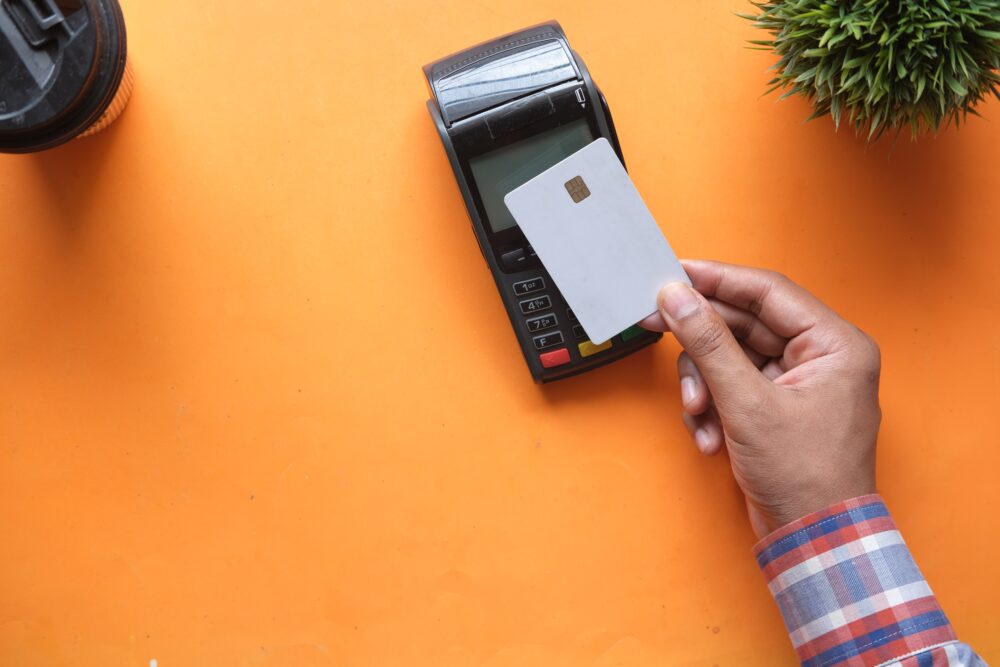The financial technology or FinTech industry has made a huge impact on the world in recent years. Applying technology to financial services such as banking apps, investing platforms and credit services has helped make finance more accessible to millions of people all over the world. Today, the global FinTech industry is valued at over $310 billion, and this figure is expected to reach more than $600 billion by 2025.
There’s now a clear link between the FinTech industry and retail, with payments being an important part of customer service. As eCommerce becomes a larger part of the retail industry, it’s expected that the influence of FinTech will continue to grow and change how retail works.
You can learn more with a FinTech online short course. Through this course, you’ll gain an up-to-date understanding of the FinTech market and how the maturing industry is shaping other sectors. It’s designed for business and finance professionals who want to broaden their knowledge of FinTech and is designed to provide the skills you need to work within the financial technology space.
🏆
The 2024 Creative Retail Awards are open for entries.
The Creative Retail Awards are much more than a mere accolade; they represent the pinnacle of achievement in the retail industry. Garnering a nomination or winning one of these awards is a testament to innovation, excellence, and leadership.
www.creativeretailawards.com
Improving Customer Experience
The main draw of FinTech is that it makes financial services more accessible to the average person and improves the customer experience. It has a similar impact on the retail space, too, making it far easier for people to purchase things safely and conveniently both online and in person.
Making financial decisions has become less complicated, and this has allowed customers to have a better understanding of their own finances. In addition, faster payments, improved offers and simple credit all help make customer lives easier and help improve retail sales. FinTech also offers the opportunity for retailers to offer loyalty rewards, increasing customer value and helping to encourage repeat purchases.
Providing Payment Data
A big advantage of combining retail and Fintech is the collection of an increasing amount of payment and customer data. FinTech services collect a lot of data on their customers and this can be used to give retailers better insights into who is buying from them and how. By sharing data between both retail and FinTech providers, better insights can be gained.
Combining payment, FinTech and retail tools will offer new ways to collect data and give organisations more information on how they can improve. By using this data in the right way, retail platforms can offer a more personalised experience, improving customer loyalty, retention and lifetime value. As long as this data is analysed effectively, it can be invaluable to the continued growth of the retail industry.
Buy Now Pay Later
In a time when inflation is increasing, and there’s a lot of economic uncertainty, retail sales would normally fall. However, one thing that’s helping to prevent this right now is the rise of Buy Now Pay Later (BNPL) services. More retail services are now offering a partnership with these services, allowing customers to purchase and pay at a later date or in instalments.
Essentially, they work like credit cards only for people that might normally have a problem obtaining credit. This gives a wider range of people access to finance and allows them to make purchases without worrying about the money coming straight out of their bank. Delaying payments can give customers more confidence in buying new things and increase retail sales.
The numbers seem to back this up, too, with around two-thirds of UK retailers reporting improvements in sales after offering BNPL services to their customers. With over 17 million UK consumers using BNPL services, 59% of businesses reported an improvement in new customer acquisition, and just under half said that customers were making more regular purchases.















